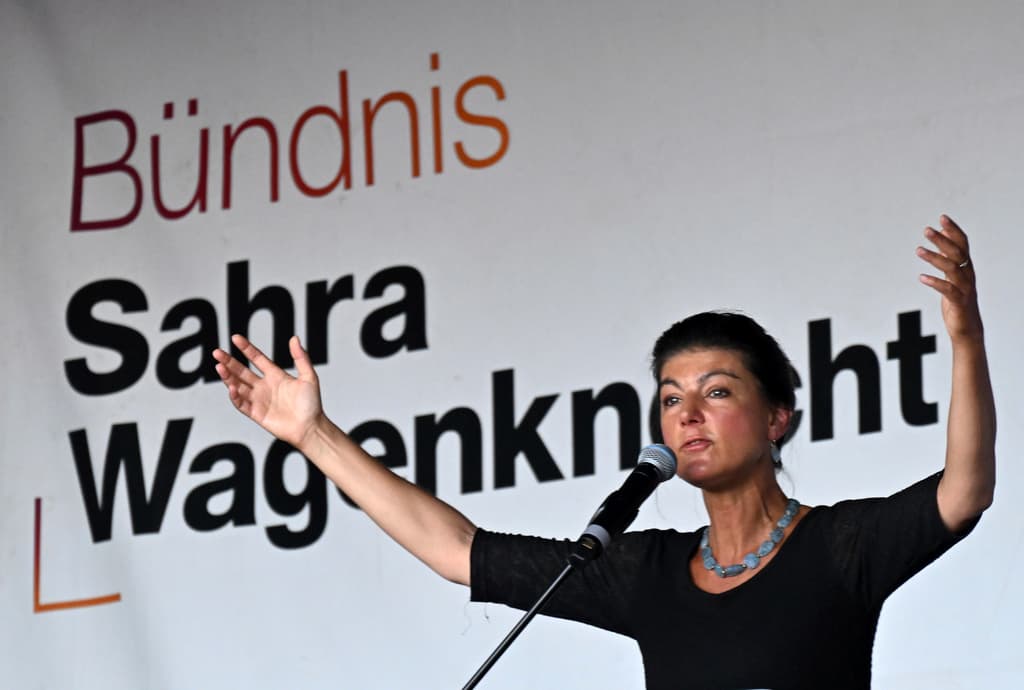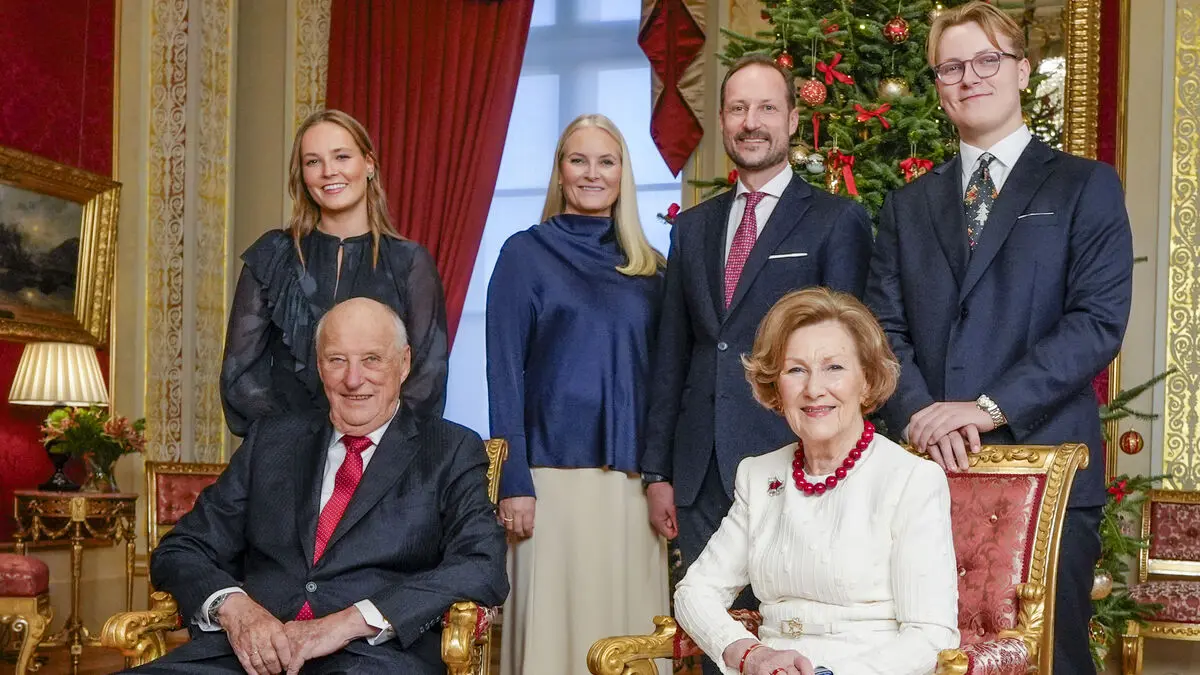Sahra Wagenknecht has for several decades been a controversial voice within the German left, often in internal conflicts. When a group of colleagues in the Left Party Die Linke had had enough of her last year and tried to get her kicked out, the 55-year-old chose to leave the party voluntarily and start a new one, which she named after herself: the Sahra Wagenknecht Alliance (BSW).
The party is targeting what Wagenknecht calls a hypocritical "lifestyle left" and is instead pushing hard on immigration resistance and climate skepticism. This is usually only found in the far-right party Alternative for Germany (AFD).
We exist for all those who have lost hope in democracy, she said when her party won its first mandates in the EU election in June.
Role as kingmaker
In state elections in eastern Germany, Saxony and Thuringia, last weekend, BSW became the third-largest party, which partly took place in the shadow of the extremist-stamped AFD's even greater successes. At a press conference on election night, it was Sahra Wagenknecht who made a battle cry:
We have become a power factor in Germany!
For principled and historical reasons, the other parties refuse to have any dealings with the far-right. In practice, this means that anyone who wants to form a state government after the elections will likely need BSW's support.
If the party is to provide support, party leader Wagenknecht demands that such a state government take a stand against the government in Berlin on major issues, including the Ukraine war.
And when it comes to these and other major issues – such as domestic policy, climate, and social issues – BSW's and AFD's party programs overlap to a "remarkable" degree, according to a study by the research institute DIW.
Snubbed Zelenskyj
When AFD says the sky is blue, BSW won't claim it's green, Sahra Wagenknecht told the Frankfurter Allgemeine Zeitung last week.
Her party, like AFD, is against Germany's support for Ukraine and believes the country should try to negotiate with the invading power. When Ukraine's President Volodymyr Zelenskyj visited the Bundestag in Berlin in June, both parties demonstratively boycotted his speech.
Both parties believe that far too many people are seeking asylum in Germany. Wagenknecht links this directly to promises of a generous welfare system. While the far-right usually has an ethnonationalist approach, she describes herself as pragmatically "left-conservative".
The stronger the welfare state is, the greater the sense of belonging must be, she told Politico.
Advertisement
Sahra Wagenknecht was born in July 1969 in Jena, in what was then East Germany, to a German mother and an Iranian father.
She joined the East German Communist Party at the age of 19, just a year before the fall of the Berlin Wall. In unified Germany, she was a member of the Communist Party's successor party PDS and a face for a faction that held fast to communism and criticized German integration with the Western world and NATO.
PDS merged with the broad Left Party Die Linke in 2007, and Wagenknecht was for a time its group leader in the Bundestag. In 2014, Wagenknecht married the former Die Linke leader Oskar Lafontaine, who was also a leader of the Social Democratic SPD and German finance minister.
In 2021, she published the book "Die selbstgerechten" (The Self-Righteous), in which she attacked arrogant "left-liberals". Her radical stance and views on environmental and immigration policy caused significant conflict within Die Linke, and she left the party in 2023. Then she founded her own party, BSW, and took several defectors with her.
BSW received just over 6 percent of the votes in the German EU election.






